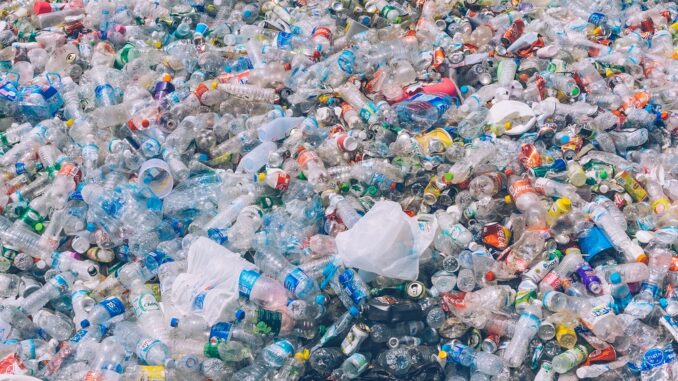
Amazon has as many foes as friends. As the world’s largest independent retailer, Amazon dominates so many markets that it is almost unfathomable. However, one of their regular foes is not too happy with how Amazon packages retail items. That foe, the Oceania charity, has reignited a long-standing debate over plastic waste.
Oceania claims that Amazon’s ‘plastic footprint’ jumped by 29% in 2020. Amazon allegedly generated some 599 million pounds of it as compared to 465 million pounds in 2019. Furthermore, Oceania contends that upwards of twenty-four million pounds of that waste found its way into various bodies of water.
As you might expect, Amazon disputes those numbers. The company publicly denounced Oceania and their latest report. They also said that the charity has grossly inflated its numbers with respect to Amazon for the last two years. They even went so far as to cite government statistics showing that the vast majority of plastic waste making its way into waterways consists of take away food items.
A Fight Over Data
So who is right and who is wrong? We will never know. Both Oceania and Amazon cite their own data. Both can produce any kind of data they want and know that it will not be verified. So in the end, it’s really just a war of words. It is the charity’s word against the company’s, and vice-versa.
Perhaps Oceania really has inflated the numbers. Maybe their analytical methods are outdated and flawed. Perhaps they are outright lying in order to support their agenda. Anything is possible. But Amazon could be doing the same thing.
Amazon could be producing tons of plastic waste but simultaneously covering up the numbers. The methodology they use to calculate how much waste they produce could be flawed. Furthermore, they could be outright lying about their own data because they want to keep selling things without damaging their PR image.
Cheap and Convenient
At the end of the day, plastic waste exists because plastic itself is cheap and convenient. It is cheap to produce and use. It is more convenient than other packing materials. As for consumers, they see no problem with throwing it in the trash cans, putting it in the curbside recycling bin, or even throwing plastic waste on the street.
The interesting thing is that recycling plastic is not difficult in principle. Industrial plastic recycling demonstrates as much. Industrial plastics, like the waste produced by injection mold manufacturing, is easily collected and transformed into regrind by companies like Tennessee-based Seraphim Plastics.
Plastic itself is not an evil material. It is just a material. Seraphim and its competitors can effectively recycle industrial plastic because they are working within a system that has been set up for expressly that purpose. If we just changed the way we produce and utilize consumer-level plastics, they could be just as easily recycled.
Plastics Are Here to Stay
As for the activists who seek to completely eliminate plastic from modern society, their efforts are noble if not misguided. The undeniable truth is that plastics are here to stay. Charities like Oceania are never going to bring about the end to industrial or consumer plastics. Going after companies like Amazon is not going to change anything.
If millions of tons of plastic waste are ending up in waterways, the way to solve that problem is to change individual behavior. Therein lies the real problem. Plastic waste ends up in the water because consumers are too lazy to find a garbage can or recycling bin. Until consumers care about cleaning up after themselves, things will not change – even if Amazon changes its packaging.

Leave a Reply